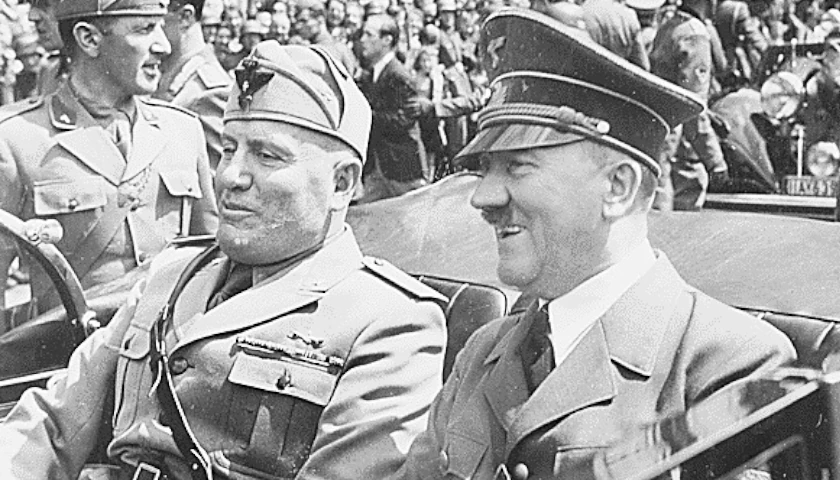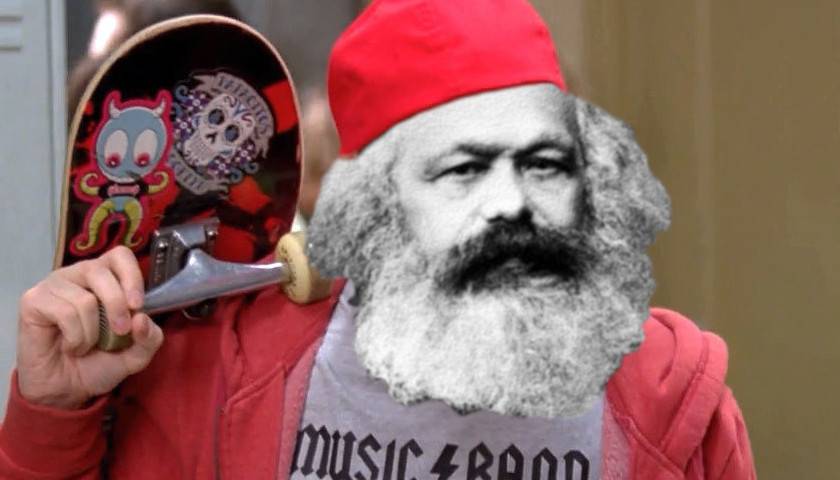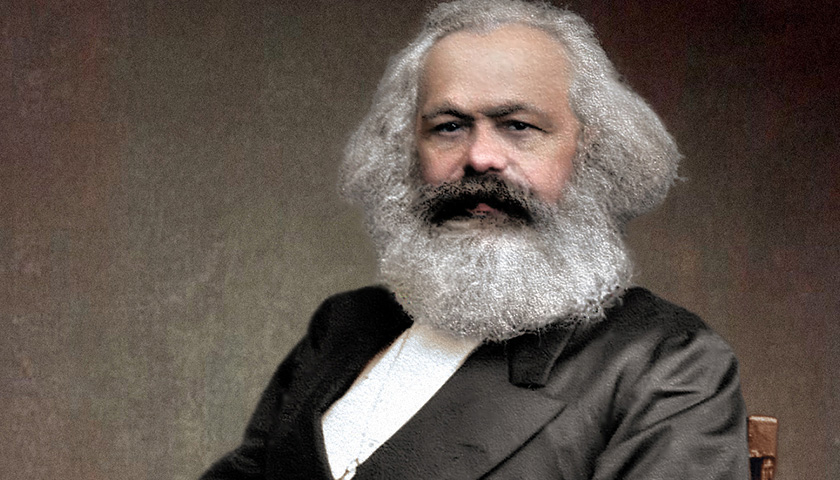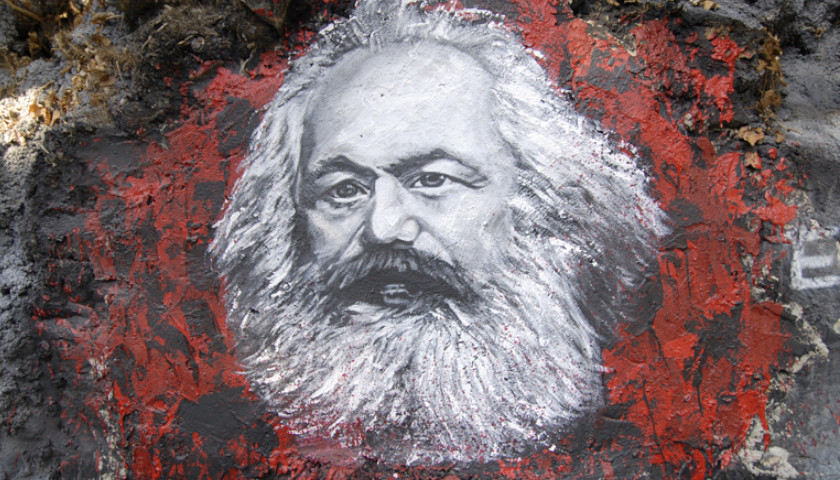In light of recent events and discussions attempting to rehabilitate the historical reputation of Germany’s Nazis, it might be worthwhile to re-examine the foundations of the ideology that underpinned National Socialism and its close cousin fascism. Those who embrace the revisionism that excuses the Nazis’ crimes appear to believe that by doing so, they are defending themselves and their ideological brethren from unfair and ahistorical attacks by the broader left. They think—or at least seem to think—that because fascism is considered a “right-wing” ideology that was specifically pitted against both Communism and Western liberalism, it can hardly be as awful as has been assumed and that its association with unvarnished evil is mere propaganda.
They are wrong. Indeed, the very foundations of their sentiments are mistaken and result from the radical mischaracterization of history and the evolution of ideas in the two centuries after the Enlightenment.
Read More







